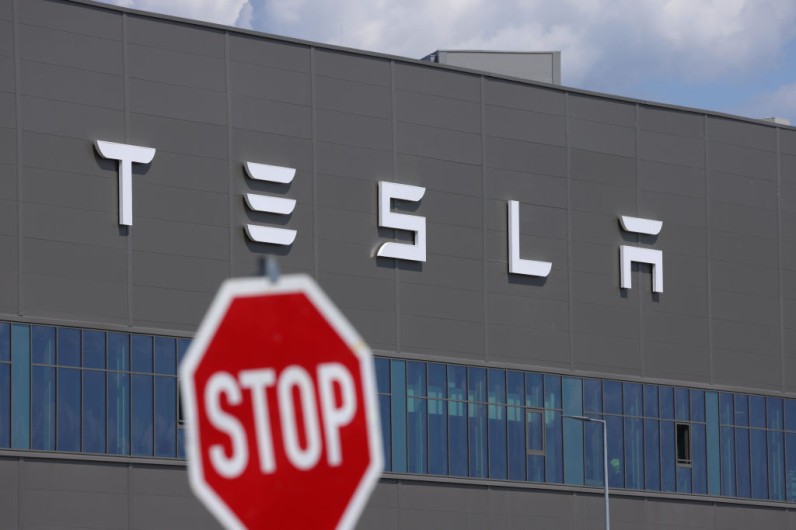
Tesla Inc. has successfully utilized a recent Texas state law to exempt its large electric vehicle factory in eastern Travis County from the environmental regulations imposed by the city of Austin, The Business Journals reported.
This change, effective since September 1, allows Tesla to operate with fewer restrictions within the region.
State Law Grants Petition for Exclusion
The law, known as Senate Bill 2038, has faced opposition from various municipalities, including Hutto and Lockhart in the Austin area.
It grants landowners on the outskirts of major cities the ability to petition for exclusion from city environmental oversight,
Developers and businesses have supported this law for its potential to provide more flexibility in development and operations.
In Tesla's case, the company submitted a petition in February for about 2,100 acres, including its gigafactory site along State Highway 130 and the Colorado River.
The city confirmed on March 8 that Tesla's property met the criteria for release from extraterritorial jurisdiction (ETJ), freeing it from Austin's environmental regulations.
Austin Officials Weigh Impact of Exclusion Law on Environmental Standards
While Austin officials have not joined the legal challenges against the law, they acknowledge the impact of such actions on both the ETJ and the city's environmental standards and flooding regulations, as mentioned by city spokesperson Shelley Parks.
Tesla's gigafactory, which CEO Elon Musk envisioned as an "ecological paradise" during its announcement, has yet to deliver on promised public amenities.
The company's move to escape environmental oversight raises questions about its commitment to environmental standards amidst regulatory changes.
Bill Bunch, an Austin attorney and environmentalist, expressed concerns about Tesla's exemption from Austin's regulations, as reported by The Business Journals.
Bunch criticized the city's decision to extend water and sewer utilities to the Tesla factory without annexing it first or obtaining assurance from the company for future annexation.
He argued that such actions should not be taken without ensuring compliance with local standards and tax obligations.
"We don't have any business extending utilities to people who don't want to meet our standards or pay our taxes," Bunch said.







Join the Conversation